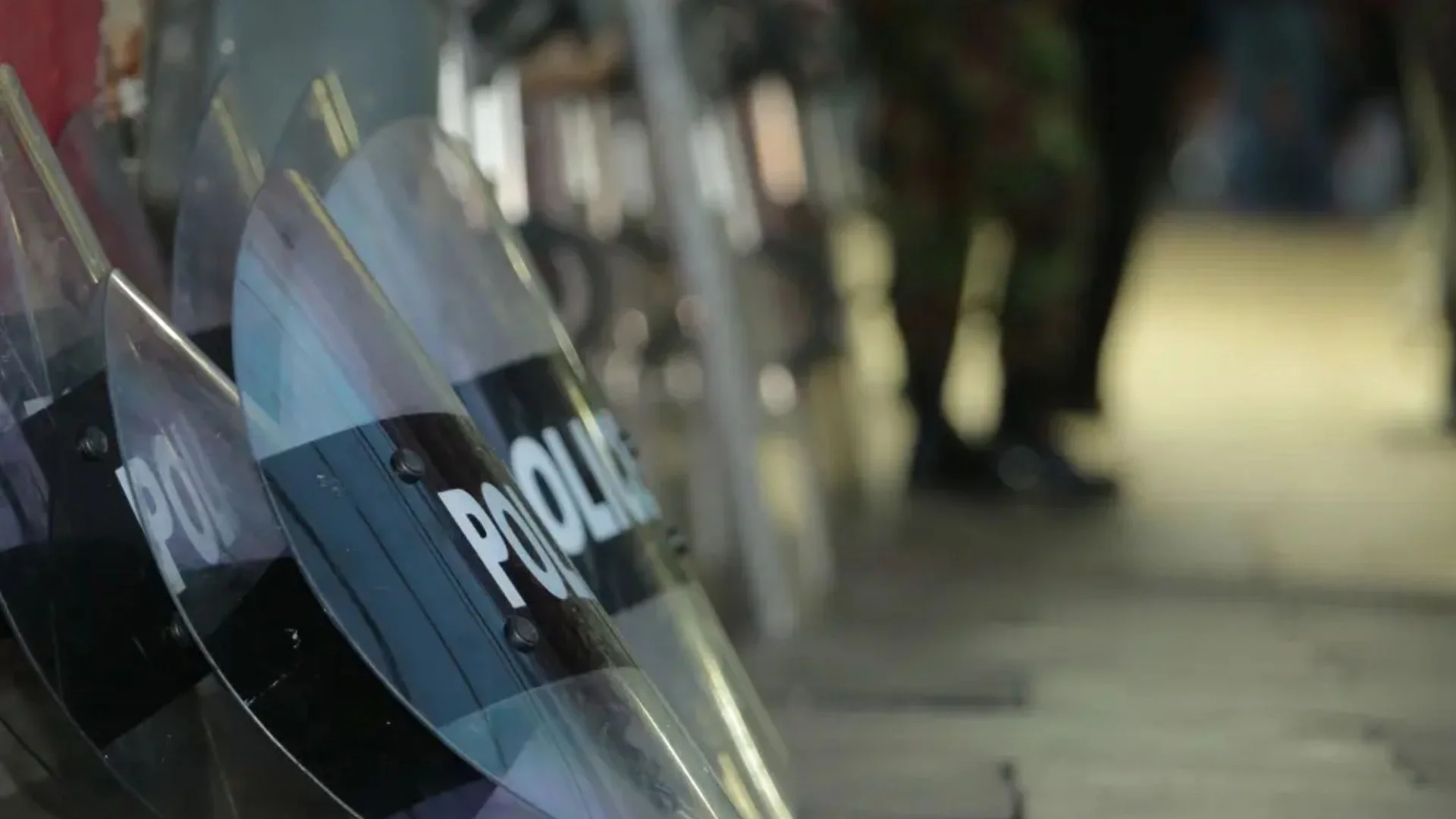The government of Trinidad and Tobago declared a state of emergency on Monday as the nation suffered through a bloody weekend that carried the murder count for 2024 to alarming 623, one of the highest in all Latin America and the Caribbean.
Over three brutal incidents yesterday, five men were shot late at night outside the capital of Port of Spain, while, on Saturday, a man died near a police station, and on Friday night, a woman was shot to death as she went to San Fernando to fetch her son who was in a hospital. She was 57 years old.
A population of 1.5 million and unprecedented levels of violence forced Prime Minister Keith Rowley to invoke emergency powers. This authority permits the police and military to detail individuals without charging them and allows for the searching of properties without the need for warrants. The Prime Minister said that he was very disappointed in the murder rate, adding that “life needs to become uncomfortable” for criminals.
Public concern notwithstanding, Attorney General Stuart Young stated that there would be no curfew for now. According to him, the emergency measures were put in place after a brazen week of criminal activity involving high-velocity assault weapons and gang reprisals that threatened public safety. Young admitted that the government has been struggling with increasing crime rates for ten years but insisted that this time it is about preventing more violence than lowering the homicide rate.
President Christine Kangaloo backed the state of emergency, arguing that the violence had reached a level that always threatened public safety. According to police statistics, close to 43% of the murders this year are gang-related, and most of them are connected to organized crime.
The last state of emergency in Trinidad and Tobago was declared in 2021 during the Covid-19 pandemic to enforce restrictions.






















